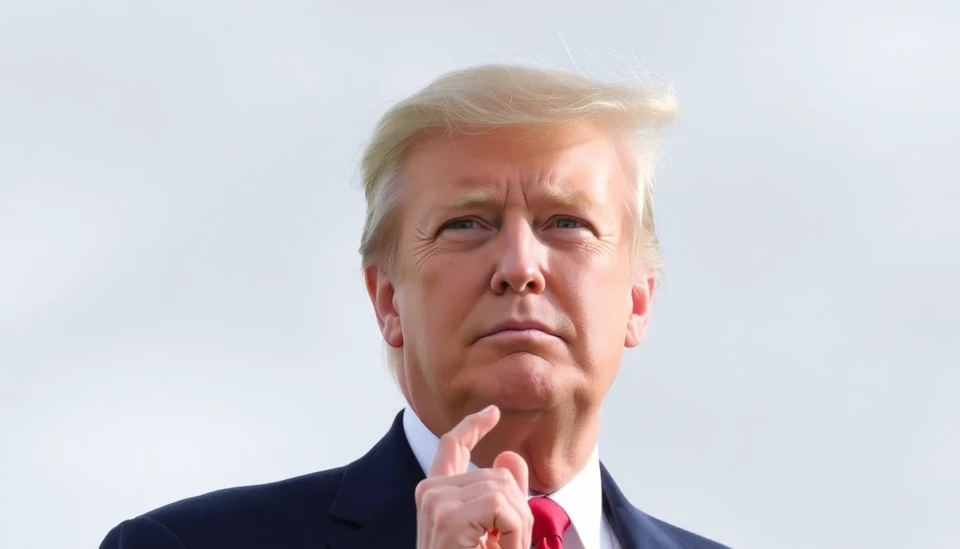
In a surprising turn of events, former President Donald Trump has indicated his intention to reverse several key tariffs that were previously imposed on various goods and trading partners. This move has sparked considerable debate among economists and political analysts about its implications for both domestic markets and Trump's reputation as a formidable figure in trade negotiations.
The tariffs, which were originally designed to protect American industries and jobs, have come under scrutiny as the economic landscape evolves. Critics argue that they did not achieve their intended results and instead raised prices for consumers and businesses alike. As inflation continues to grip the nation, the timing of Trump’s decision raises questions about his priorities and the potential impact on the Republican voter base.
Economic experts suggest that the reversal of these tariffs could lead to a short-term reduction in consumer prices, but it may also signal a broader shift in Trump’s trade policy following his tumultuous presidency. Many view the reversal as a sign of weakness, dubbing it emblematic of a "paper tiger" approach to international trade—asserting authority without following through on commitments.
The background of these tariffs dates back to 2018, when Trump initiated trade wars with numerous countries, including China, as part of his "America First" agenda. At the time, he asserted that these tariffs would bring back manufacturing jobs and help reduce the trade deficit. However, as the years went by, the results were mixed, and many of America's key trading partners did not respond as anticipated to the aggressive tactics.
This latest development has raised eyebrows among members of Trump's own party, with some questioning whether this represents an acknowledgment of failed strategies. GOP leaders are now faced with the challenge of reconciling Trump's previous hardline stance on trade with this newfound willingness to ease measures that were once touted as pivotal to American economic policy.
Supporters of the former president are divided on this issue. Some see the tariff rollback as a pragmatic move to reduce inflationary pressures, while others worry that it undermines Trump’s legacy of standing up to China and other nations perceived as economic adversaries. As the 2024 presidential campaign looms closer, the long-term ramifications of this decision could shape voter perceptions and alter his messaging around economic resurgence and nationalism.
Ultimately, Trump's tariff reversal has stirred a pot of mixed reactions, highlighting the complexities of trade policy and its impact on the broader political landscape. As discussions about trade strategy continue, it remains to be seen how this decision will influence Trump's ambitions and the Republican Party’s stance moving forward.
As the situation unfolds, political analysts will be closely monitoring both the immediate economic effects of the tariff changes and the longer-term implications for Trump's political brand in an ever-changing global economy.
#Trump #Tariffs #TradePolicy #EconomicImpact #Inflation #Republicans #2024Election #PoliticalAnalysis
Author: Daniel Foster




